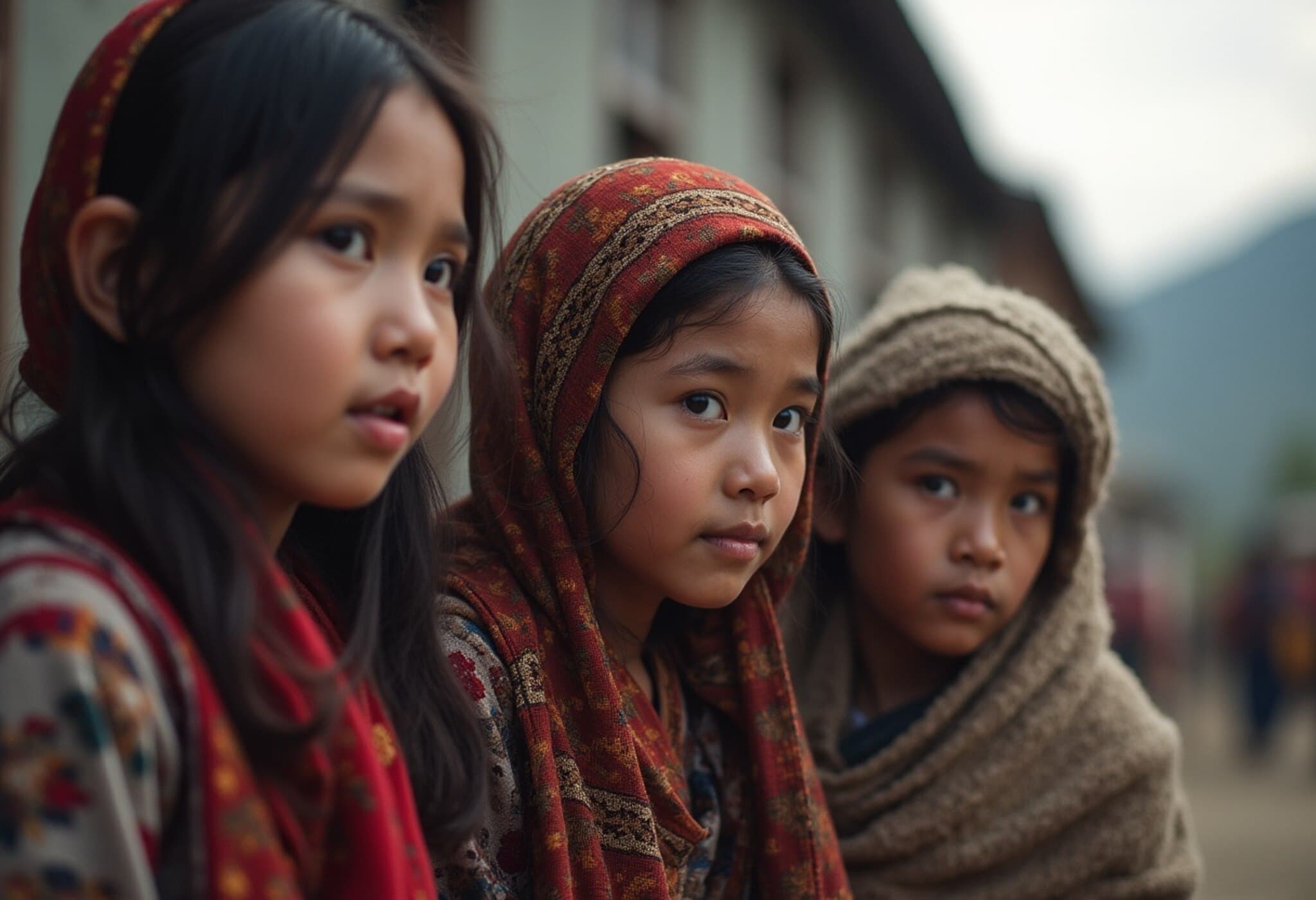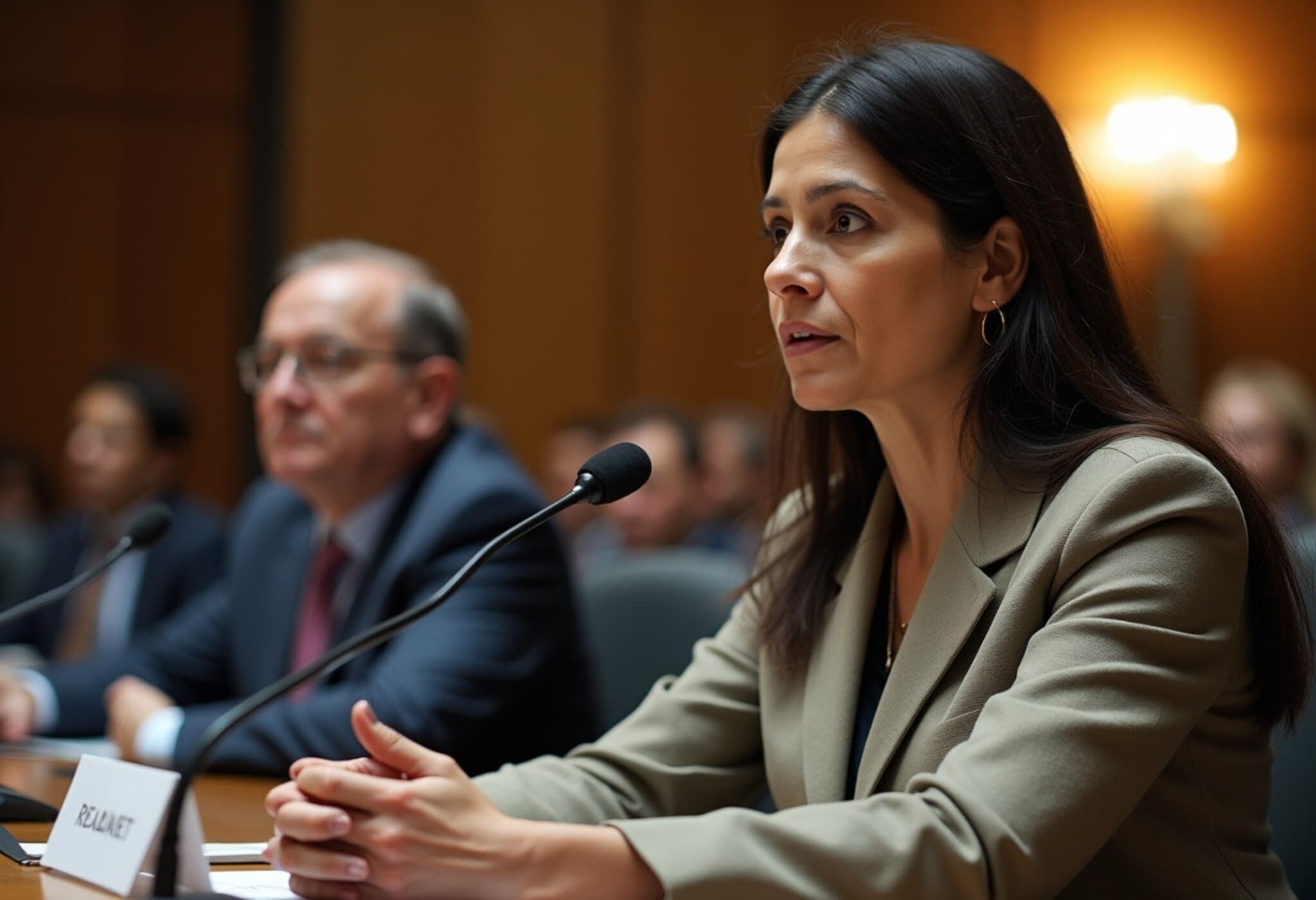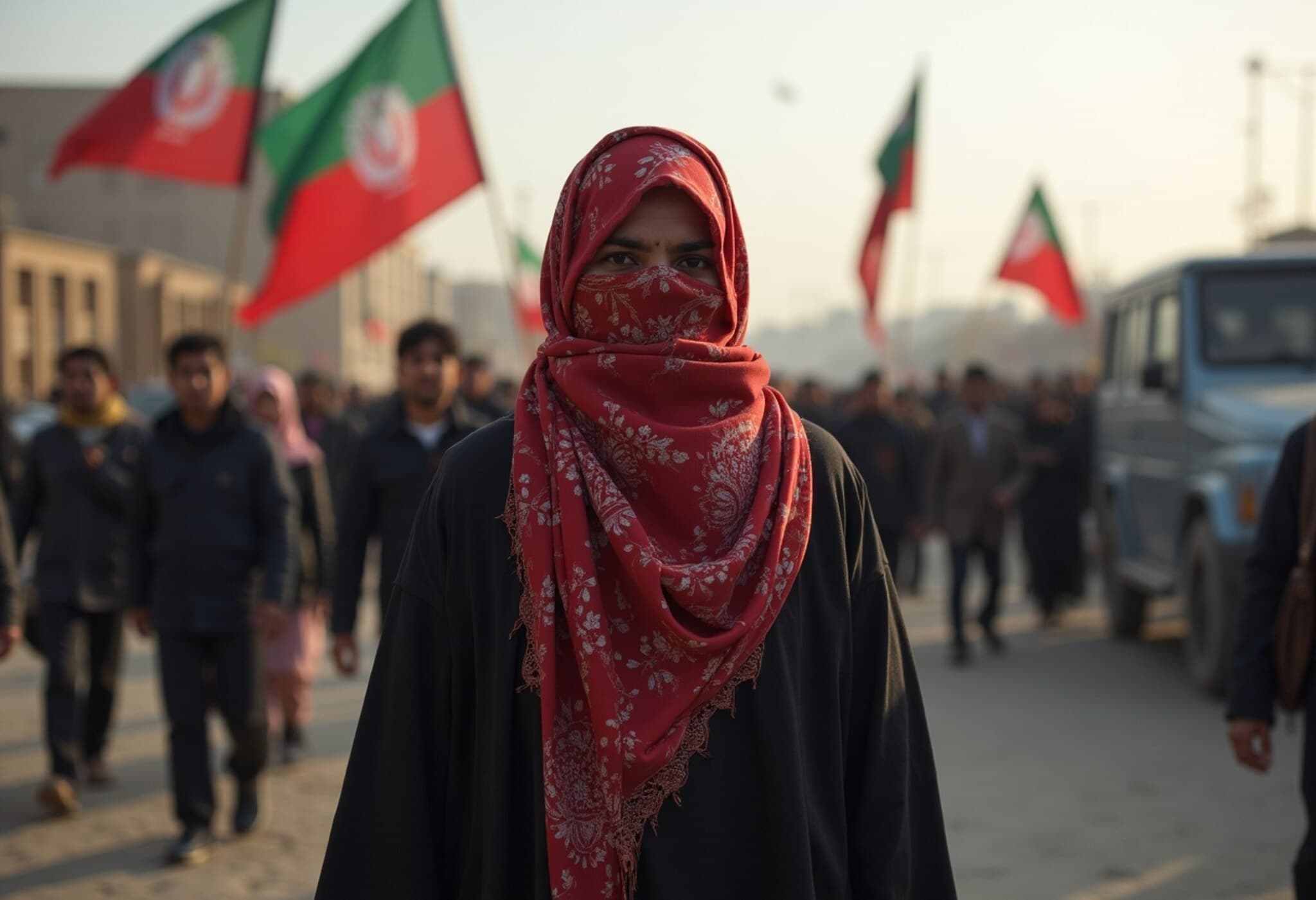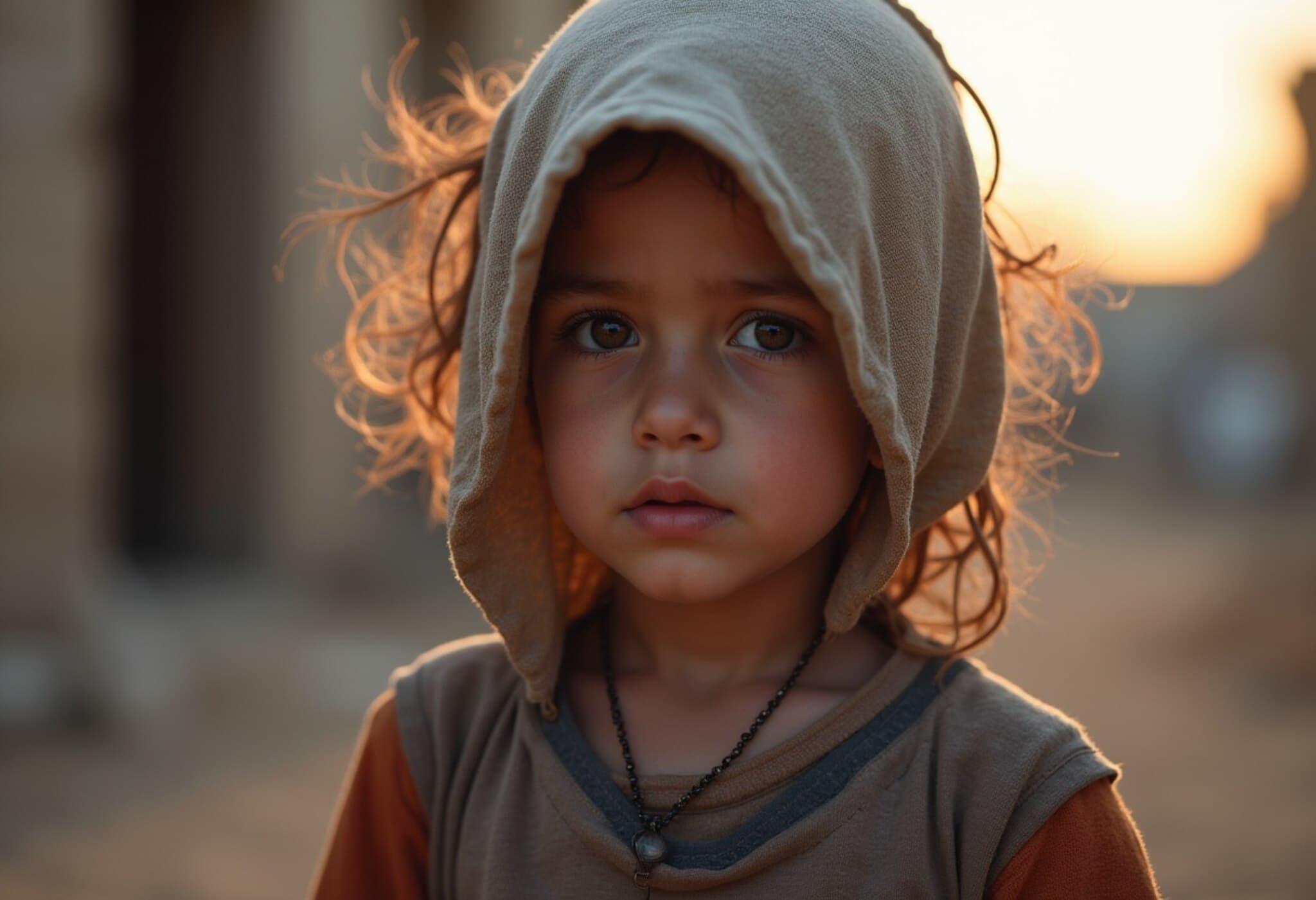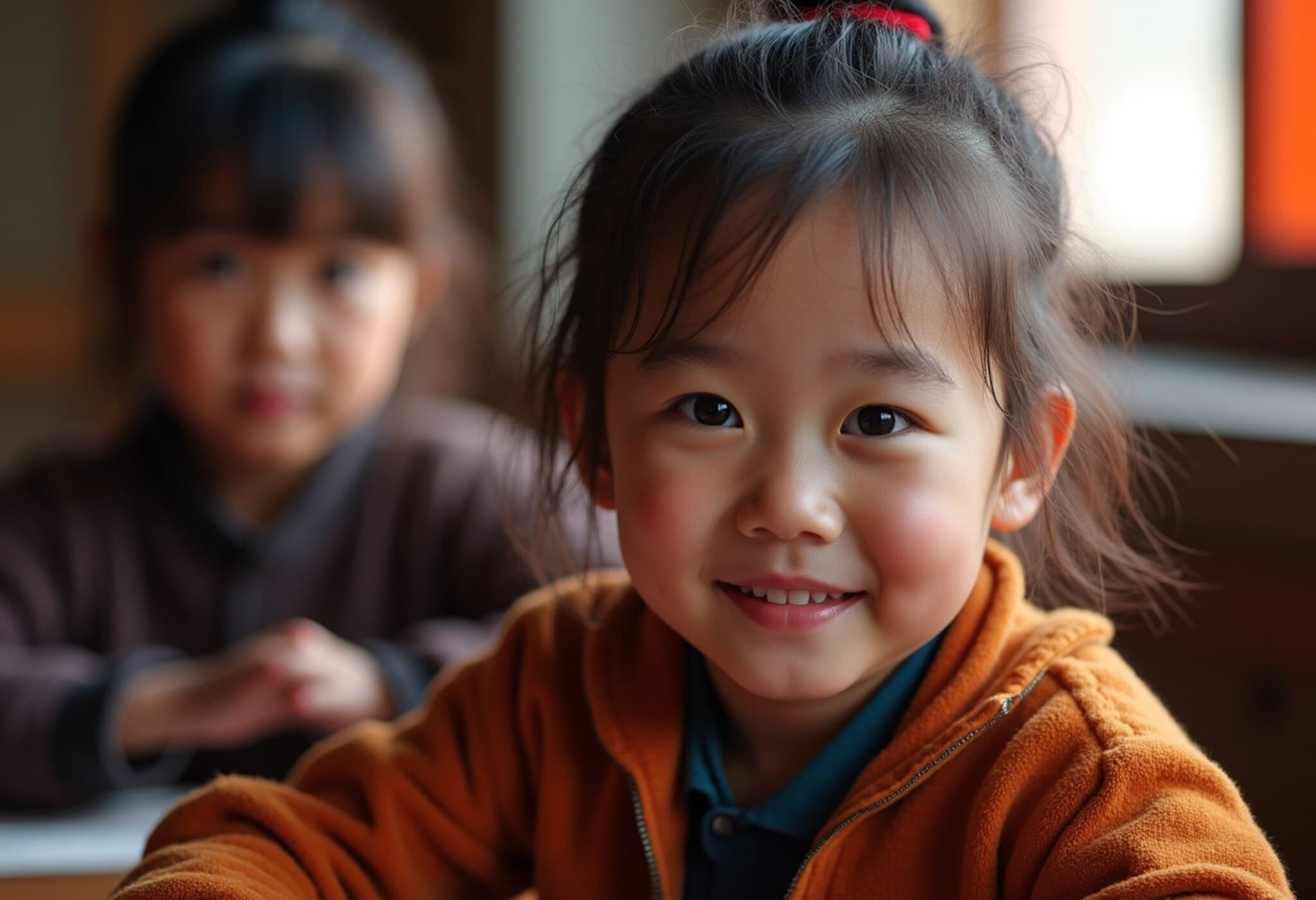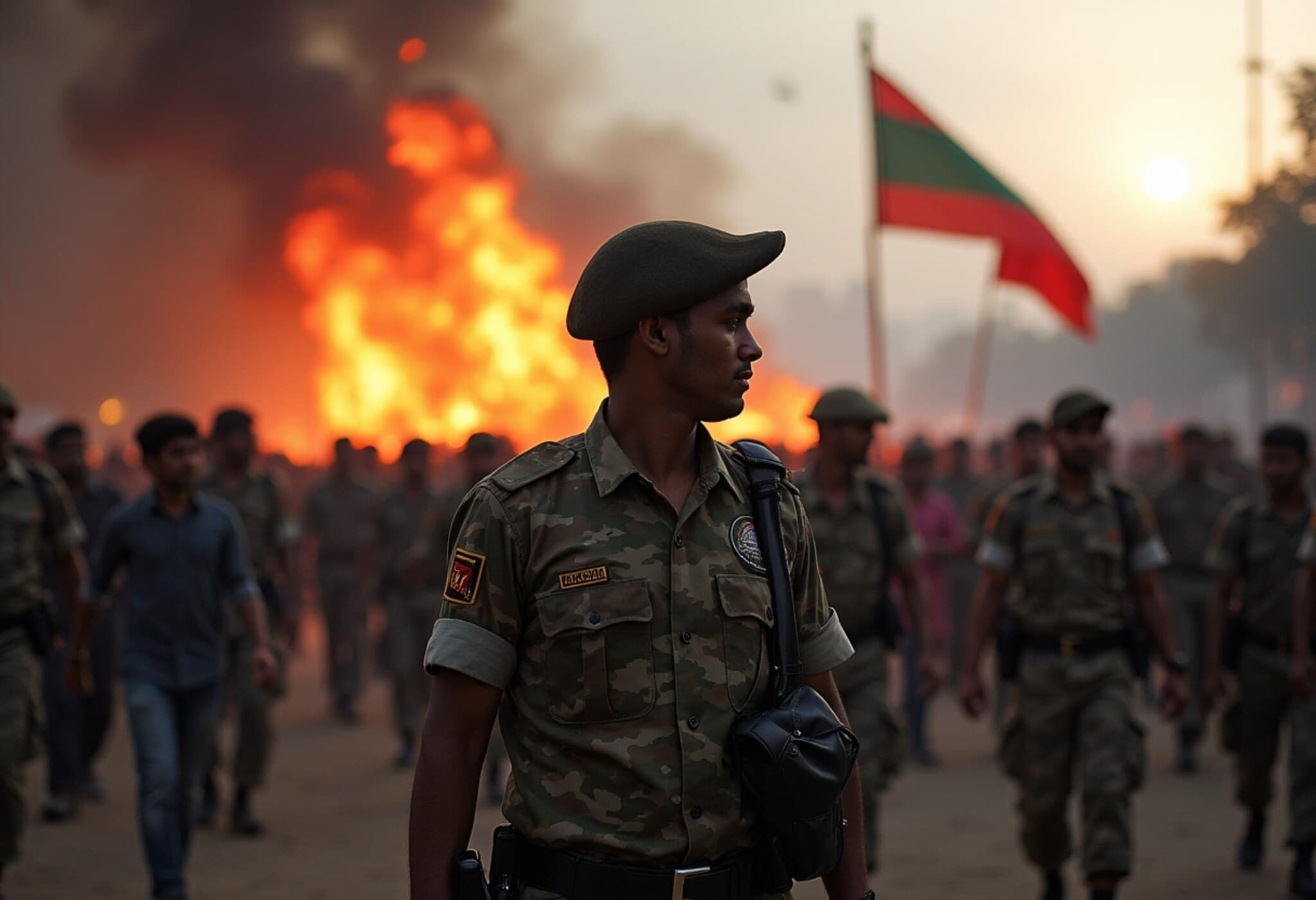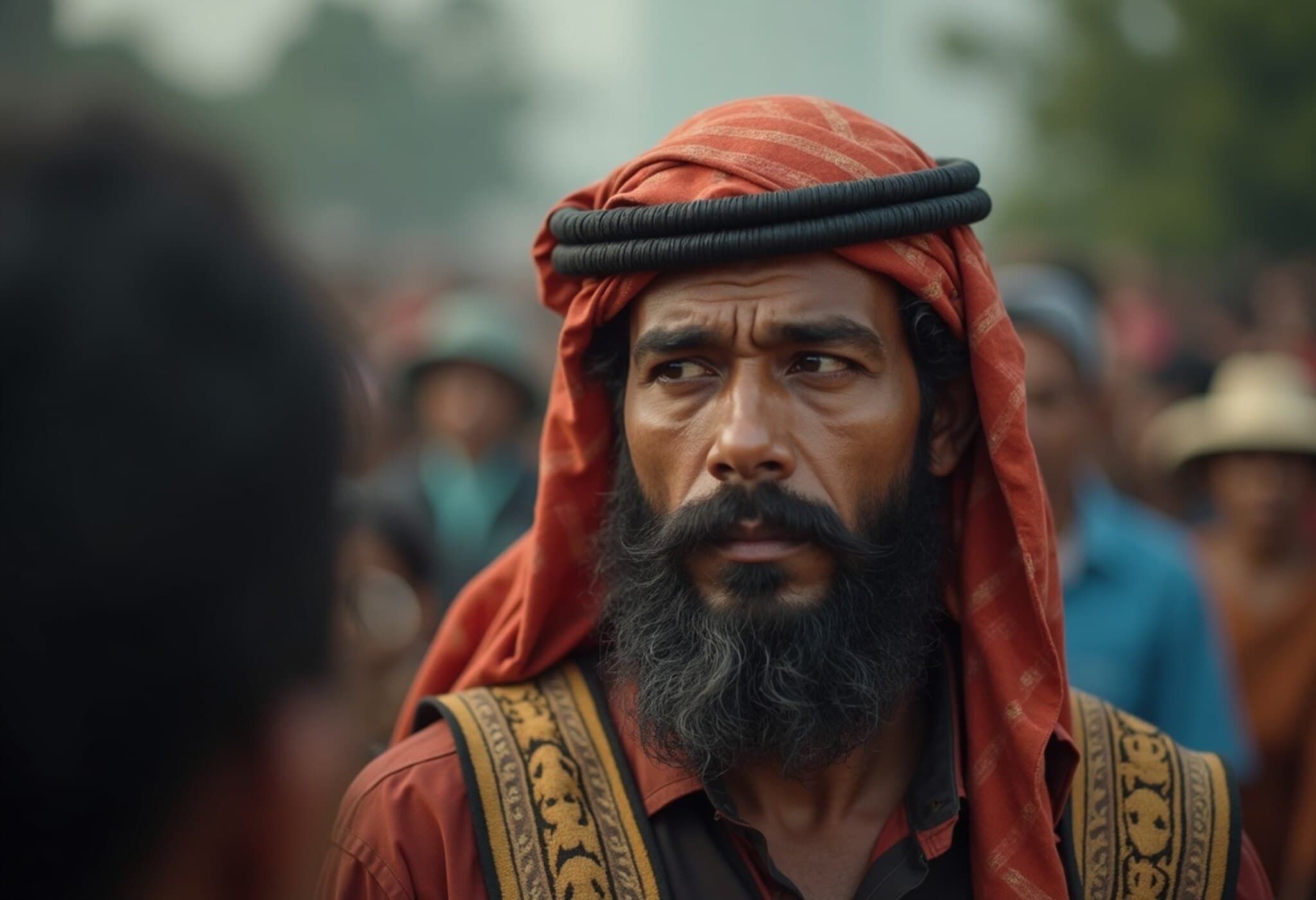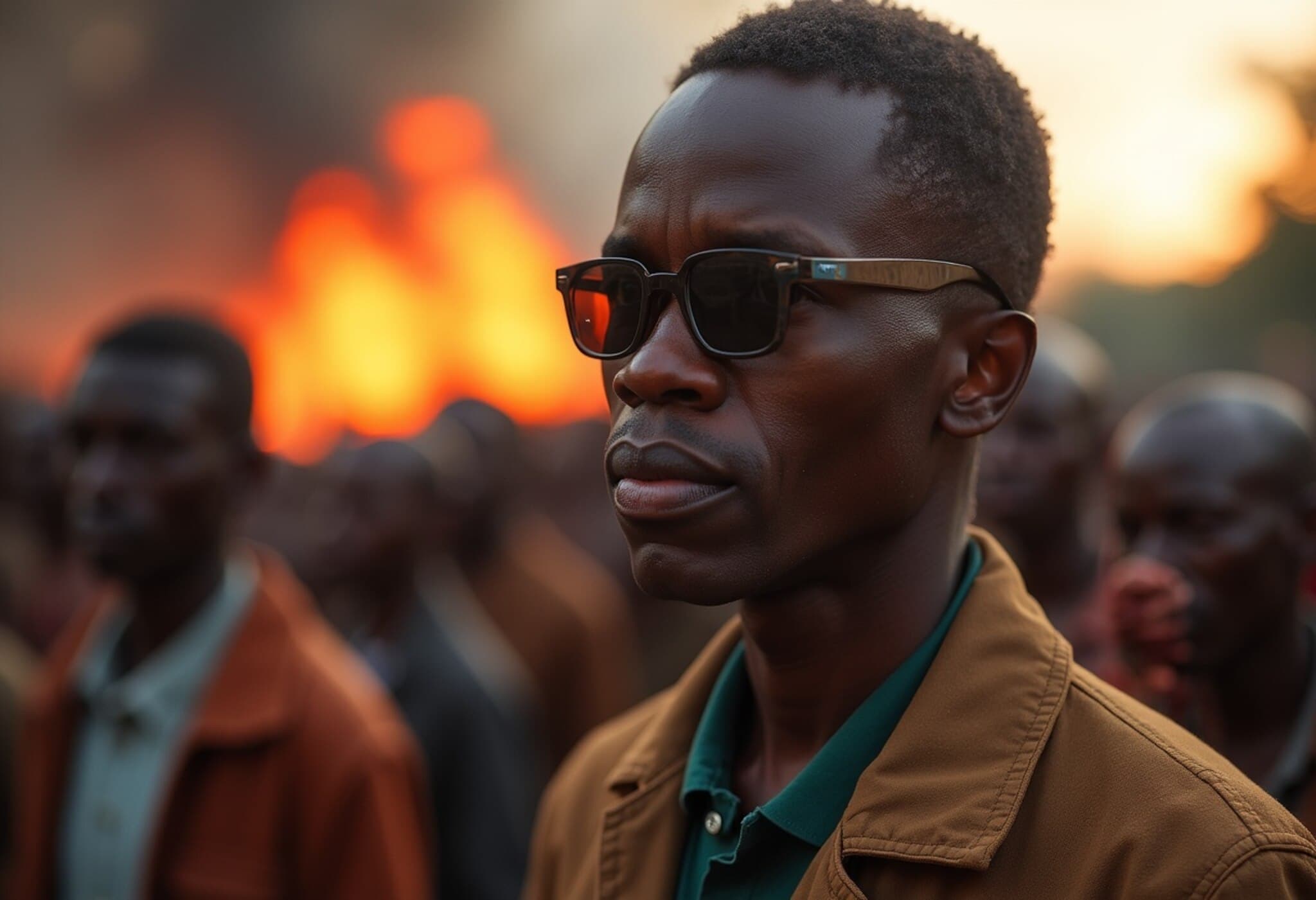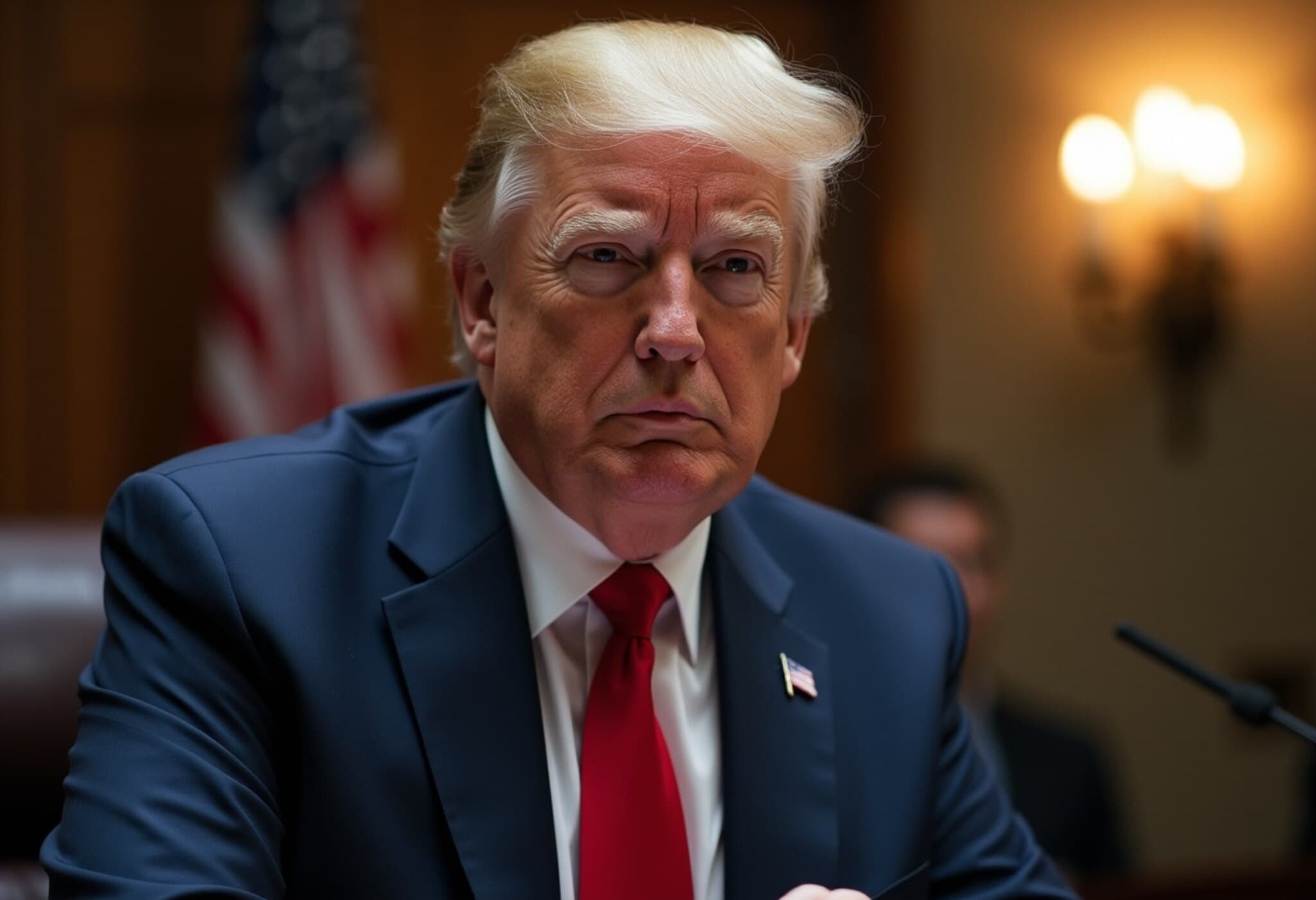Refugees from Bhutan Face Uncertain Fate After US Deportations
More than two dozen refugees of Lhotshampa origin, a Nepali-speaking ethnic minority, have found themselves trapped in a troubling predicament since their deportation from the United States back toward Bhutan — only to be rejected by their supposed homeland. This development has thrust them back into prolonged uncertainty at refugee camps in Nepal, resurrecting a decades-old humanitarian crisis largely forgotten by the international community.
Historical Roots of the Lhotshampa Displacement
The Lhotshampa people, ethnic Nepalis settled in southern Bhutan since the 19th century, endured systematic exclusion and expulsion during the 1980s and 1990s. Bhutan’s government, striving to ‘Bhutanise’ the nation, implemented strict policies banning the Nepali language, imposing dress codes, and revoking citizenship of many Lhotshampa residents. Forced to flee, more than 100,000 were confined to refugee camps in Nepal, living in limbo for decades.
Starting in 2007, a UN-backed resettlement program helped relocate many of these refugees to countries including the United States, Australia, and Canada, offering hope for stable futures. Until recently, the US refrained from deporting anyone back to Bhutan, acknowledging the country’s refusal to repatriate these stateless individuals.
Deportation Drama: Trapped Between Nations
Since March 2025, over two dozen Lhotshampa refugees were deported from the US to Bhutan. However, upon arrival, Bhutan’s authorities rejected them, and these individuals were subsequently taken to the India-Nepal border. Several deportees reported being handed a modest sum and coerced into crossing the Mechi River into Nepal illegally, where they now face indefinite detention in refugee camps similar to where they spent their childhood.
Notably, many of these deportees lack proper documentation recognized by any country — the US has stripped them of residency, Bhutan denies citizenship, and Nepal considers them unauthorized entrants. This legal vacuum leaves them highly vulnerable, symbolizing a broader diplomatic impasse.
Adding complexity, some deportees have been arrested by Nepalese authorities for illegal entry and face potential deportation to third countries, but Nepal officials acknowledge no clear destination exists. Tikaram Dhakal, director of Nepal’s Department of Immigration, described the situation as a “dilemma” given the refusal of both Bhutan and the US to accept responsibility.
Bhutan’s Ethnic Policies and International Human Rights Concerns
Although Bhutan is often portrayed as an isolated Himalayan kingdom famed for its Gross National Happiness philosophy, its legacy includes discriminatory policies against ethnic minorities. The 1989 government campaign that suppressed Nepali language and culture under the guise of national unity has left lasting scars. International law generally prohibits returning individuals to countries where they face persecution—a principle that complicated Bhutanese refugee returns.
Nevertheless, the Trump administration’s stringent immigration enforcement led to deportations even to countries with questionable human rights records. Bhutan’s refusal to receive deportees stands in contrast to some states conceding under diplomatic pressure to accept forced returns. Interestingly, while Bhutan appeared in early drafts of US travel bans under national security concerns, it was not included in the final designations, further obscuring the US government’s evolving stance toward Bhutanese refugees.
Broader Implications and Questions Unanswered
- Humanitarian Gap: What mechanisms exist to protect stateless persons caught between reluctant states?
- Legal Ambiguity: How can international law evolve to address cases where deportees have no recognized nationality?
- US Immigration Policy: How will American deportation policies under scrutiny adapt to avoid forcing vulnerable refugees into such limbo?
- Bhutan’s Future Role: Will Bhutan reconsider repatriation policies to resolve this long-standing issue, or will international pressure grow?
Editor’s Note
The plight of the Lhotshampa refugees forcibly returned from the US yet rejected by Bhutan reveals a glaring humanitarian and legal void left by national policies and international inertia. This crisis underscores the urgent need for multilateral cooperation and updated international refugee frameworks that address statelessness and protection gaps. As global migration debates intensify, it’s imperative that stories like these do not slip into obscurity but instead inspire concrete, humane solutions that respect dignity and human rights.

